 Tastes Like War by Grace M. Cho
Tastes Like War by Grace M. Cho Narrator: Cindy Kay
Published by Dreamscape Media on August 3, 2021
Genres: Biography, Memoir, Nonfiction
Length: 9 hours 25 minutes
Format: Audio, Audiobook
Source: Library
Buy on Amazon, Buy on Bookshop
This post contains affiliate links you can use to purchase the book. If you buy the book using that link, I will receive a small commission from the sale.
Goodreads
Grace M. Cho grew up as the daughter of a white American merchant marine and the Korean bar hostess he met abroad. They were one of few immigrants in a xenophobic small town during the Cold War, where identity was politicized by everyday details—language, cultural references, memories, and food. When Grace was fifteen, her dynamic mother experienced the onset of schizophrenia, a condition that would continue and evolve for the rest of her life.
Part food memoir, part sociological investigation, Tastes Like War is a hybrid text about a daughter’s search through intimate and global history for the roots of her mother’s schizophrenia. In her mother’s final years, Grace learned to cook dishes from her parent’s childhood in order to invite the past into the present, and to hold space for her mother’s multiple voices at the table. And through careful listening over these shared meals, Grace discovered not only the things that broke the brilliant, complicated woman who raised her—but also the things that kept her alive.
I found this memoir/biography moving and well-written. I learned a great deal that I did not know about schizophrenia and also about the Korean War and its aftermath. It was fascinating to see how Cho weaved together her interest in food, especially learning to cook Korean food and becoming a baker, with her mother’s story. One of the most compelling parts of the book comes near the end when we learn how much Grace’s mother loved cheeseburgers—the book’s last line is a gut punch. There is also an extended section about how Grace’s mother foraged for mushrooms and blackberries, which turned into a savvy business. There is much to appreciate in this beautiful memoir, but its heart is Cho’s attempts to understand her mother.
I checked this out after it was featured on the main page of my library’s Overdrive website as part of the Big Library Read. As such, there was no waiting list, and unlimited copies were available for checkout. I don’t think that’s still the case, but I highly recommend checking it out, and the audiobook is superbly narrated by Cindy Kay.
Note: I am aware that Cho’s brother and his family dispute the veracity of this memoir. If you are interested in their side of the story, you can find it displayed prominently on Goodreads. I am also aware that the family members frequently respond to reviews, tweets, etc. about this book and will not get in the middle of a family dispute.
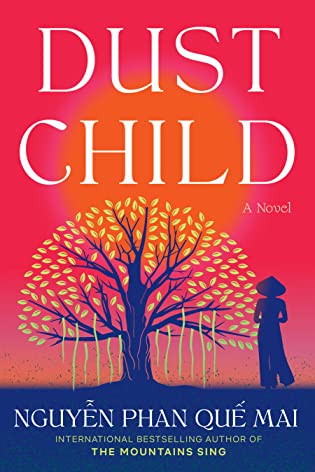 Dust Child by
Dust Child by 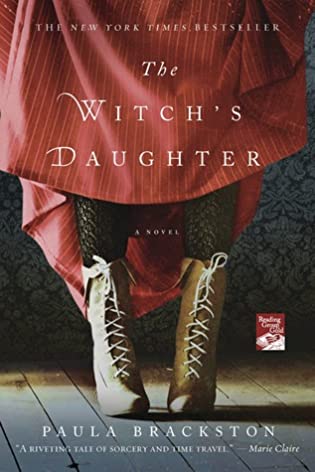 The Witch's Daughter (The Witch's Daughter, #1) by
The Witch's Daughter (The Witch's Daughter, #1) by 
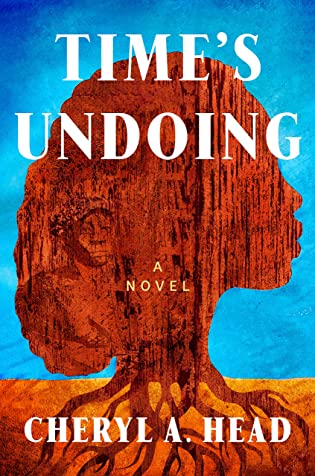 Time's Undoing by
Time's Undoing by 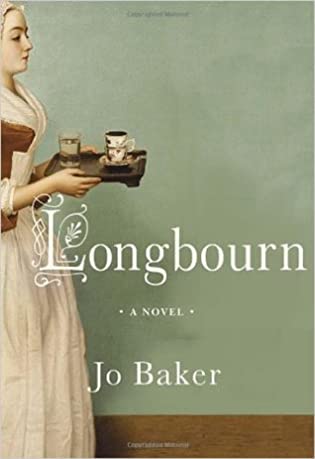 Longbourn by
Longbourn by 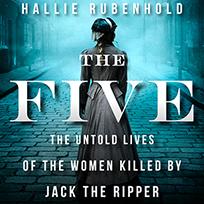 The Five: The Untold Lives of the Women Killed by Jack the Ripper by
The Five: The Untold Lives of the Women Killed by Jack the Ripper by  The Girl with the Louding Voice by
The Girl with the Louding Voice by 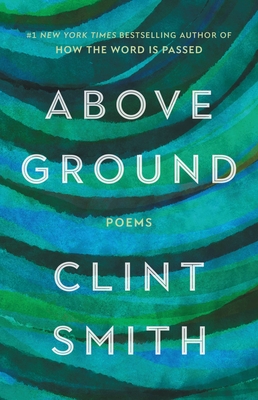 Above Ground by
Above Ground by  Weyward by
Weyward by 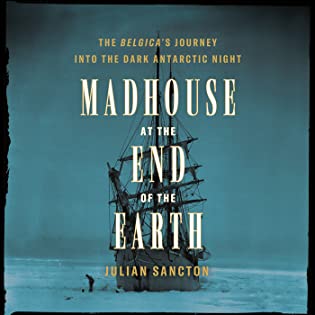 Madhouse at the End of the Earth: The Belgica's Journey into the Dark Antarctic Night by
Madhouse at the End of the Earth: The Belgica's Journey into the Dark Antarctic Night by 
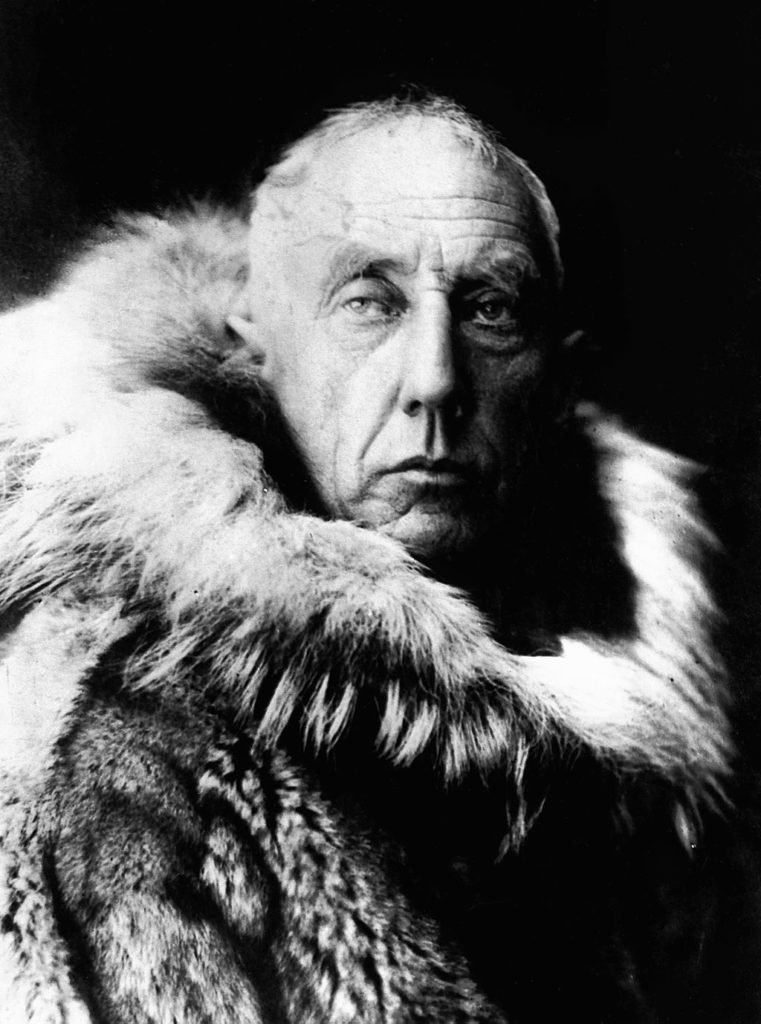
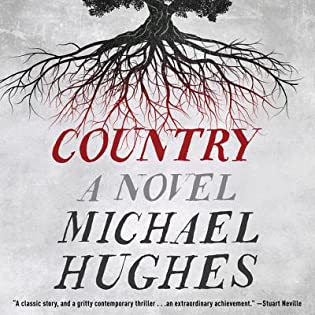 Country by
Country by 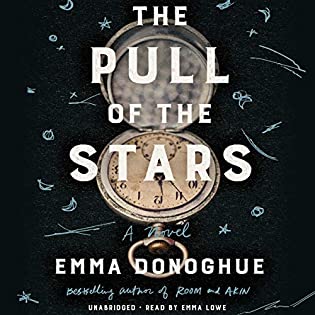 The Pull of the Stars by
The Pull of the Stars by